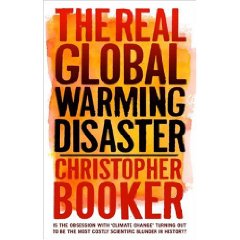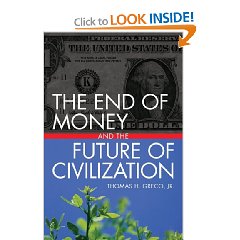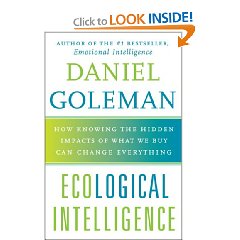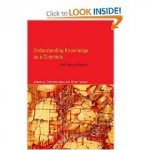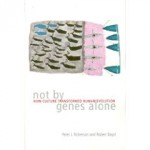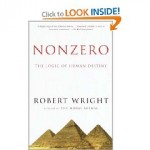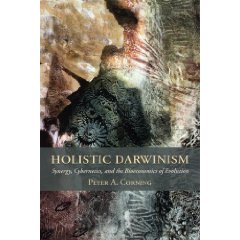
![]() Beyond 6 Stars–And a Seventh for Accessible Pricing
Beyond 6 Stars–And a Seventh for Accessible Pricing
Consilience: The Unity of Knowledge
Nonzero: The Logic of Human Destiny
A More Secure World: Our Shared Responsibility–Report of the Secretary-General's High-level Panel on Threats, Challenges and Change
The Fortune at the Bottom of the Pyramid, Revised and Updated 5th Anniversary Edition: Eradicating Poverty Through Profits
Bottom line: Humanity can evolve, must evolve, and the Whole Earth, Co-Evolution concepts that Stewart Brand and others pioneered (not mentioned here), that indigenous people's everywhere have understood for centuries, are a natural path for us all. We *can* create a prosperous world at peace.
Short version of the book: Synergy is cool again, synergy and self-organization complement each other and are distinct; bioeconomics is hugely important and supports the premise that the whole is larger than the sum of the parts and that interactions and exchanges can and should be done for the whole, “beyond selfishness,” cybernetics rules, information is the space between, and ethics is both a form of cybernetics and a cultural adaptation that helps the whole evolve and persist.

